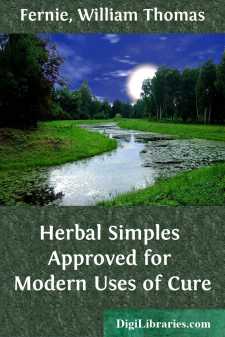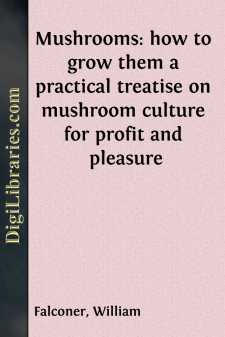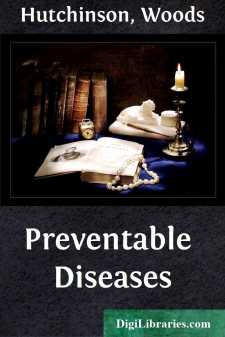Categories
- Antiques & Collectibles 13
- Architecture 36
- Art 48
- Bibles 22
- Biography & Autobiography 813
- Body, Mind & Spirit 142
- Business & Economics 28
- Children's Books 17
- Children's Fiction 14
- Computers 4
- Cooking 94
- Crafts & Hobbies 4
- Drama 346
- Education 46
- Family & Relationships 57
- Fiction 11829
- Games 19
- Gardening 17
- Health & Fitness 34
- History 1377
- House & Home 1
- Humor 147
- Juvenile Fiction 1873
- Juvenile Nonfiction 202
- Language Arts & Disciplines 88
- Law 16
- Literary Collections 686
- Literary Criticism 179
- Mathematics 13
- Medical 41
- Music 40
- Nature 179
- Non-Classifiable 1768
- Performing Arts 7
- Periodicals 1453
- Philosophy 64
- Photography 2
- Poetry 896
- Political Science 203
- Psychology 42
- Reference 154
- Religion 513
- Science 126
- Self-Help 84
- Social Science 81
- Sports & Recreation 34
- Study Aids 3
- Technology & Engineering 59
- Transportation 23
- Travel 463
- True Crime 29
The Old English Herbals
Description:
Excerpt
CHAPTER I
THE ANGLO-SAXON HERBALS
“Everything possible to be believ’d is an image of truth.”—William Blake.
There is a certain pathos attached to the fragments from any great wreck, and in studying the few Saxon manuscripts, treating of herbs, which have survived to our day, we find their primary fascination not so much in their beauty and interest as in the visions they conjure up of those still older manuscripts which perished during the terrible Danish invasions. That books on herbs were studied in England as early as the eighth century is certain, for we know that Boniface, “the Apostle of the Saxons,” received letters from England asking him for books on simples and complaining that it was difficult to obtain the foreign herbs mentioned in those we already possessed. But of these manuscripts none have survived, the oldest we possess being of the tenth century, and for our knowledge of Anglo-Saxon plant lore we look chiefly to those four important manuscripts—the Leech Book of Bald, the Lacnunga and the Saxon translations of the Herbarium of Apuleius and the so-called .
Apart from their intrinsic fascination, there are certain considerations which give these manuscripts a peculiar importance. Herb lore and folk medicine lag not years, but centuries, behind the knowledge of their own day. Within living memory our peasants were using, and in the most remote parts of these islands they use still, the herbal and other remedies of our Saxon ancestors. They even use curiously similar charms. The herb lore recorded in these manuscripts is the herb lore, not of the century in which they were written, but of the dim past ages pictured in the oldest parts of Widsith and Beowulf. To the student of English plant lore, the Herbarium of Apuleius and the are less interesting because they are translations, but the more one studies the original Saxon writings on herbs and their uses, the more one realises that, just as in Beowulf there are suggestions and traces of an age far older than that in which the poem was written, so in these manuscripts are embedded beliefs which carry us back to the dawn of history. It is this which gives this plant lore its supreme interest. It is almost overwhelming to recognise that possibly we have here fragments of the plant lore of our ancestors who lived when Attila’s hordes were devastating Europe, and that in the charms and ceremonies connected with the picking and administering of herbs we are carried back to forms of religion so ancient that, compared to it, the worship of Woden is modern. Further, it is only in these manuscripts that we find this herb lore, for in the whole range of Saxon literature outside them there is remarkably little mention of plant life. The great world of nature, it is true, is ever present; the ocean is the background of the action in both Beowulf and Cynewulf, and the sound of the wind and the sea is in every line. One is conscious of vast trackless wastes of heath and moor, of impenetrable forests and terror-infested bogs; but of the details of plant life there is scarcely a word. In these manuscripts alone do we find what plant life meant to our ancestors, and, as with all primitive nations, their belief in the mystery of herbs is almost past our civilised understanding. Their plant lore, hoary with age, is redolent of a time when the tribes were still wandering on the mainland of Europe, and in these first records of this plant lore there is the breath of mighty forests, of marsh lands and of Nature in her wildest. We are swept back to an epoch when man fought with Nature, wresting from her the land, and when the unseen powers of evil resented this conquest of their domains. To the early Saxons those unseen powers were an everyday reality....












